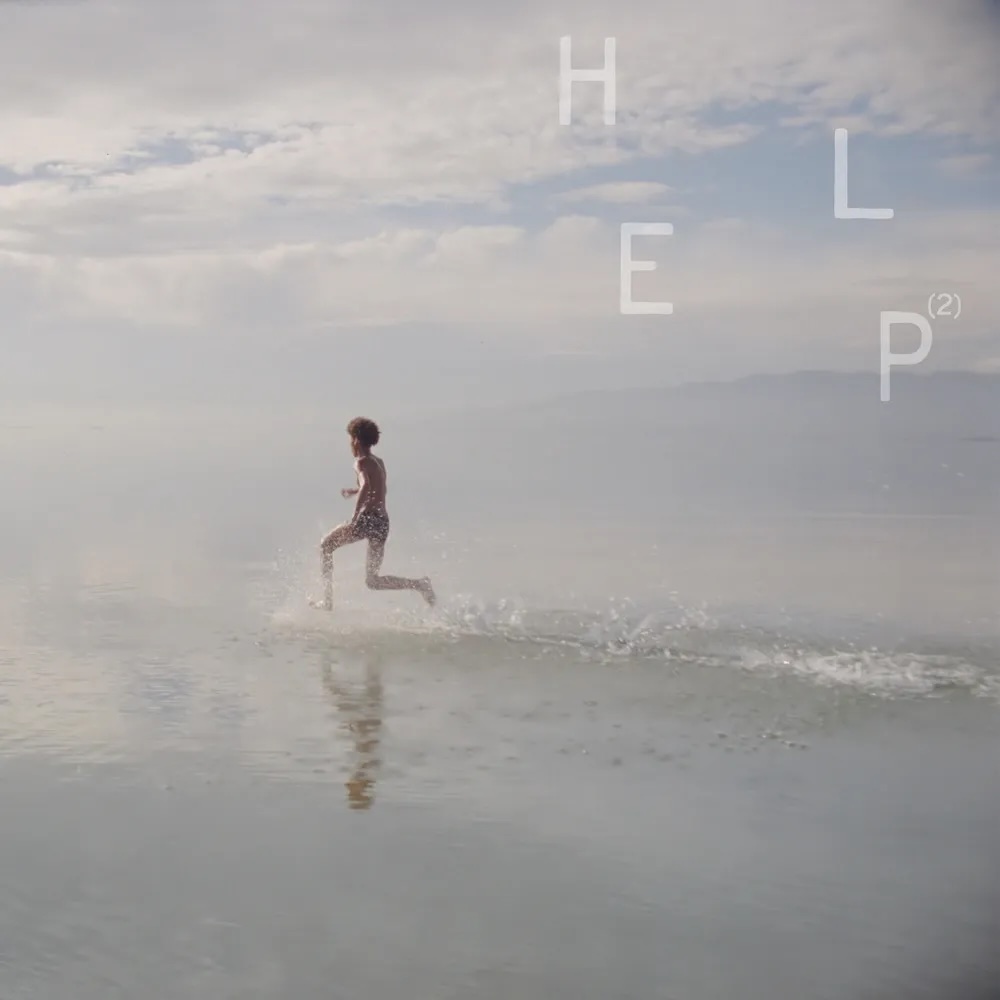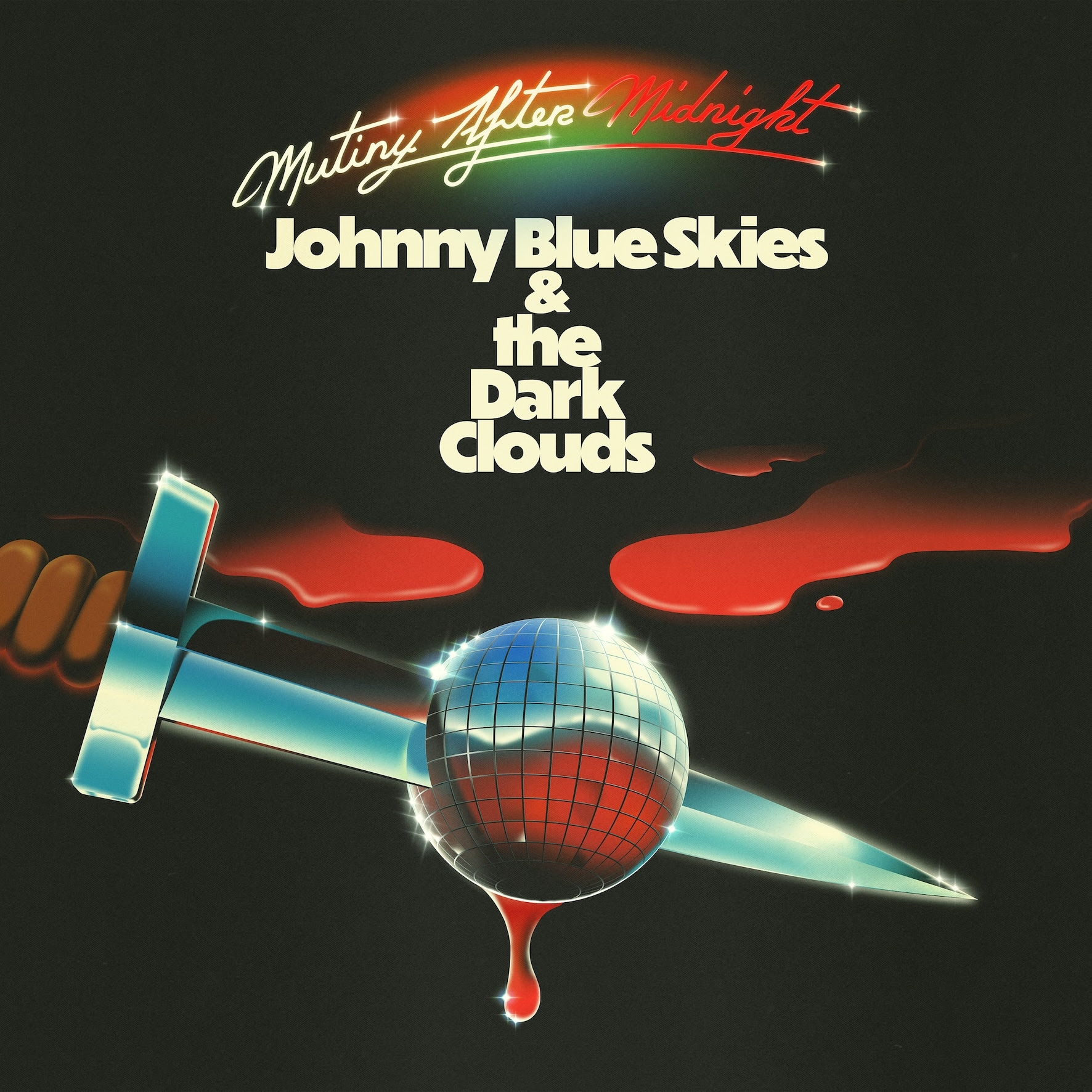I couldn't presume to say that there's a right way or a wrong way to hear PJ Harvey for the first time, but I like the way that I did it. I don't remember exactly what was happening the first time I heard Polly Jean Harvey's roar -- it was either on the modern-rock radio station that kept her in light rotation or at the house of my friend Lee, whose dad had a million CDs -- but I do remember what I felt. The first song I heard was "50FT Queenie," the deranged gutbucket-rockabilly yowl that served as the album's single, and I experienced it as an absolutely hellacious guitar riff, a gigantic angry mosquito careening across afire-purged landscape. For the brief moment that "50FT Queenie" was in alt-rock radio rotation, it was easily the hardest-rocking song in the mix; not even, like, the Butthole Surfers' "Who Was In My Room Last Night?" came close. I'd spend hours glued to the radio, sitting through all the XTC and World Party songs I couldn't stand, hoping to hear that riff again, to have it grab my head and bash it into the wall. There is, of course, way, way more going on in Rid Of Me than that one gutpunch of a riff. But the appeal of the album comes, in large part, from its ability to rip a 13-year-old boy's face off.
Polly Jean Harvey knew what she was doing when she recruited Steve Albini, the great spartan scrape-rock production asshole, to engineer her sophomore album. Dry, Harvey's debut, had rocked hard and dripped with rage, but it was also a searching and desperate thing, with Harvey (or the woman she was portraying) begging for companionship rather than asserting dominance. And sonically, it belonged, in effect, to a lineage of postpunk oozes like Nick Cave, the intensity of its throb slightly deadened by few weirdly ornate musical touches. This was not the Harvey we'd hear on Rid Of Me. In Spin's great new oral history of the album, Albini downplays his involvement, depicting himself merely as, more or less, the guy who set up the mics, and claiming that Harvey simply had a great album in her that moment. I see what he's doing there, but he's wrong. Harvey might've been the one who wanted a stark, intense ripper of an album, but I can't imagine there's an engineer on earth who could've realized that vision as completely as Albini. The drums on Rid Of Me slam through rib cages, the peals of feedback feel like knives to your arms, and Harvey's voice has a feral, righteous grace to it -- an avenging demon incensed that mere human men would ever try to pull any bullshit on her. The voice is Harvey's, but Albini's work has a whole lot to do with the way it hits our ears.
PJ Harvey, it's also worth noting, was a band when they recorded Rid Of Me -- a band fronted, vaguely confusingly, by a woman named Polly Jean Harvey. And Harvey was certianly the driving force, but with bassist Steve Vaughan and drummer Rob Ellis, she had a classic power-trio on her hands, one that was fully locked-in and disciplined. On the album's drop-the-hammer moments, the whole band's crude attack attains a mechanistic intensity; these are powerful forces working in concert with one another. They wouldn't remain a band for long. To hear the members tell it, they were constantly at each other's throats during the album's sessions (though Albini claims not to have any idea what was going on), and they broke up almost immediately after finishing it. After the tour behind the album, the name "PJ Harvey" came to refer simply to Harvey herself. But she wouldn't have been able to make this record if she hadn't been part of a band. In the fearsome interplay of the instruments here, you can hear a band whose players, at least on a base subliminal level, trust each other completely.
So yes, the three men most involved in Rid Of Me were important. But Harvey herself was a creature we won't be hearing again anytime soon, an absolute force of nature. I spent a lot of time staring at that album-cover photo of her and trying to figure it out: Naked, face and shoulders all sharp angles, hair tossed into some impossible tidal wave of motion, eyes hard and defiant but also calm and serene. Lyrically, she spends the album flipping the elemental neediness of her Dry lyrics on their ear, threatening at the same time as she pleads. On "Legs": "And I, I might as well be dead / But I could kill you instead." On "Rub 'Til It Bleeds": "And you'll believe me / Caught out again / I'm calling you weak / Getting even." On "Dry," possibly the most withering four words a woman can tell an interested man: "You leave me dry." She spends the whole album hitting you where it hurts. And she's not like Kathleen Hanna, doing it to form a feminist community through opposition, or L7's Donita Sparks, adapting the snarl of cocksure male rock stars for her own devices. She's doing it to destroy you, the male human being listening to her album, for infractions that she already knows you've committed. It's a personal eye-contact sort of thing, and even the 13-year-old me, who knew none of what this stuff meant, knew enough to stay the fuck out of Harvey's way if I ever came across her.
But as hard and instinctive as she sounds on Rid Of Me, Harvey also makes tons of sharp and challenging decisions on the LP. The album's entire direction is a carefully considered thing, and she does things like foreshadowing the attack of "Man-Size" by preceding it with an atonal string-section take on the song, one that's ultimately more unsettling than the straight-up rock one. She'd pull on blues tropes and imagery a lot more on her next album To Bring You My Love, but she's definitely already deep into that stuff on Rid Of Me; just check the way she belts out, "I'm 20 inches long!" on "50FT Queenie." And on the album's sole cover, she's not exactly going after a soft target; she's turning Bob Dylan's "Highway 61 Revisited" into a wounded-animal war-whoop. All of it is the work of someone who knows exactly what she's doing, even if what she's doing is stripping your self-regard for spare parts.
One of the most stunning things about the album is the way it serves as a total about-face from her debut, with its stained dark-velvet atmosphere. Harvey was always a woman without a scene to call her own, but the album represents maybe the only moment in her career when she engaged directly with what was going on in music at that moment, adapting the withering angular blare of, say, the Jesus Lizard, to suit her own needs. To hear Harvey tell it, she never expected to record another album after Rid Of Me, and it did tear her band apart, even if she ended up soldiering on without them. In every moment of the album, there's an urgency that she'd never have again, one that precious few musicians have ever managed to convey. And at least some of the time, she conveyed that urgency via kickass guitar riffs, and that's a great thing too.
[videoembed size="full_width" alignment="center"][/videoembed]
[videoembed size="full_width" alignment="center"][/videoembed]






